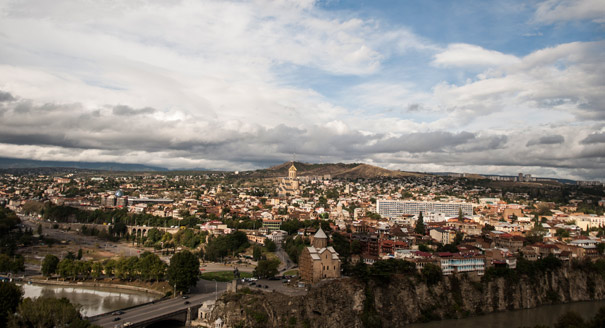Source: Yearbook of Muslims in Europe
Despite the relatively small number of Muslims in Georgia, issues related to Islam and Muslims have taken on an increasingly high profile in recent years. 2014 witnessed continued public debate over the permissibility of ethnic Georgian Sunni Muslims to establish and preserve religious institutions.
Global events and transnational links also caused resonance. The participation of ethnic Kist, Georgian citizens in the so-called Islamic State of Iraq and Syria (ISIS), on the one hand, stoked fears of Salafi radicalisation among Georgia’s Kists, who are closely related to the Chechens, reside primarily in the Pankisi Gorge, and have traditionally adhered to Islam. On the other hand, Turkish and Iranian religious actors continued to develop links with Georgia’s Sunni and Shi‘i communities, respectively.Meanwhile, institutional and legal developments prompted state actors to become increasingly involved in managing Muslim issues. The Administration of Muslims of All Georgia (AMAG)—a state-supported Muslim organisation created by the government of former President Mikheil Saakashvili in 2011—underwent personnel changes and asserted greater control over Muslim persons and property in Eastern Georgia. Similarly, the creation of a new State Agency for Religious Issues gave the state a stronger legal basis for coordinating Muslim affairs....
This chapter originally appeared in the Yearbook of Muslims in Europe, Volume 7.


%20CROP.jpg)


